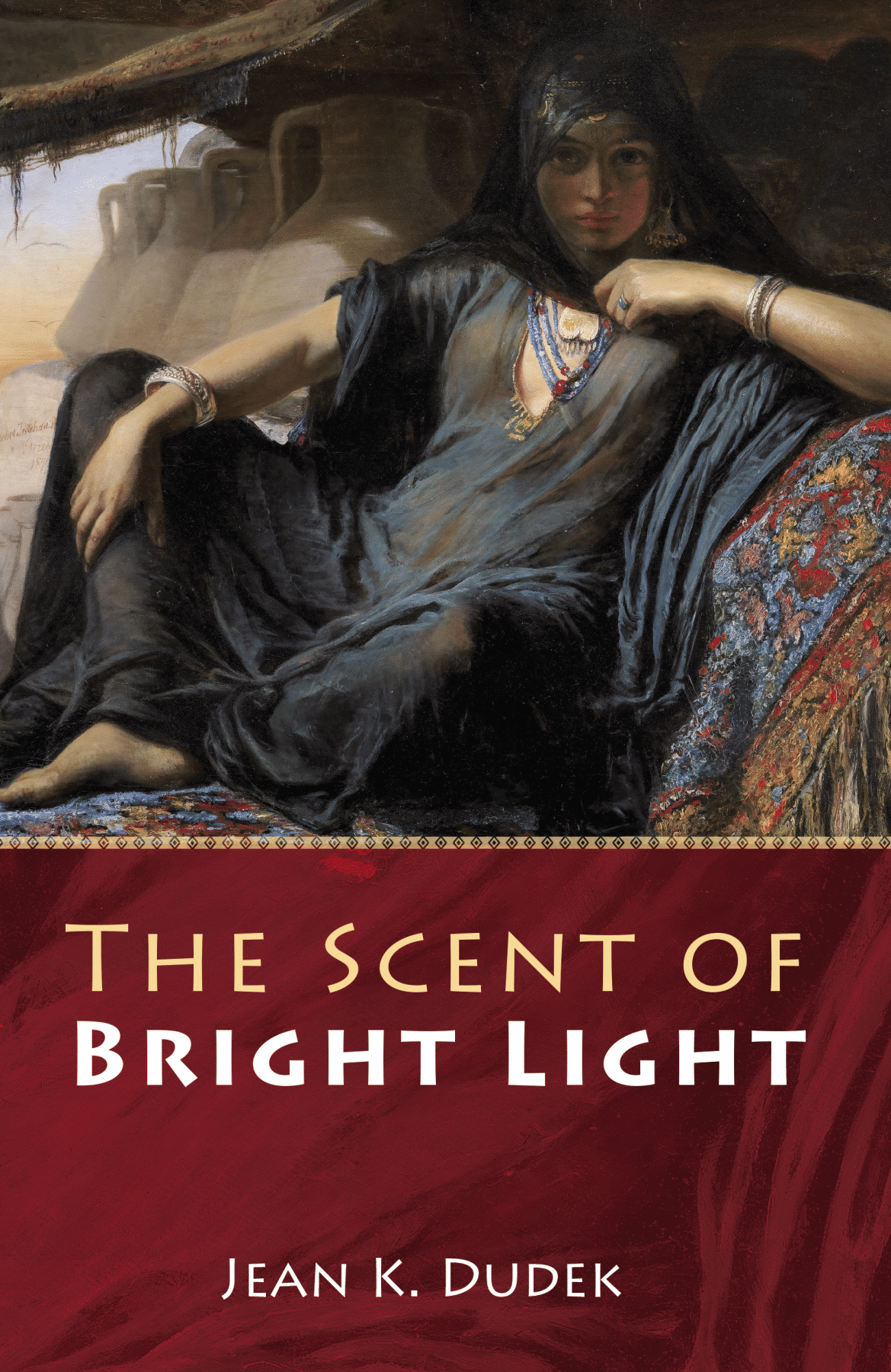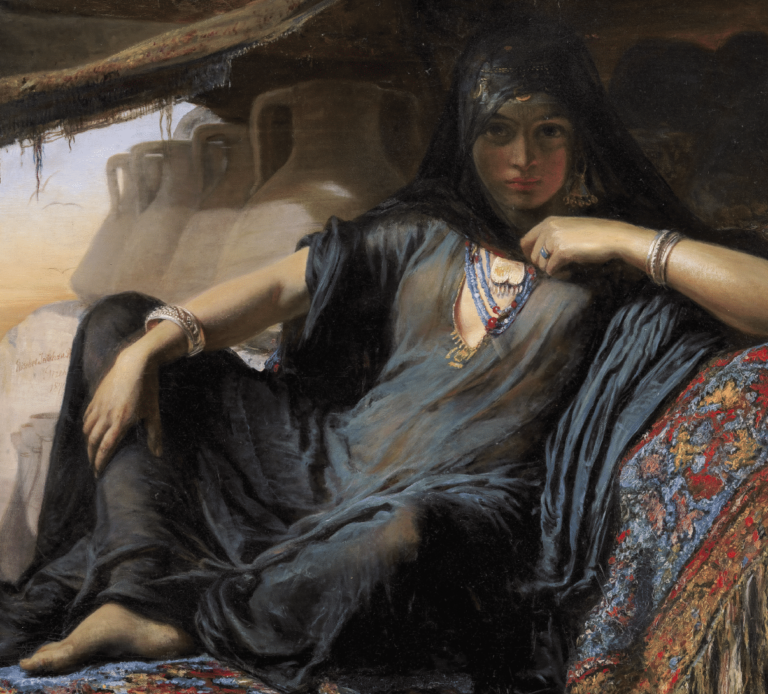Books
New Release!
The Scent of Bright Light
Biblical matriarch Sarah experiences a strange sensation of light when a mysterious, unknown God speaks to her and Abraham, promising them a large family. But the promise remains unfulfilled for decades. Sarah tells the story of her life with Abraham, her time in Pharaoh’s harem, her struggle with infertility, her expertise as a midwife, and what she and Abraham thought would happen if he sacrificed their son.
Sarah tells her story through the lens of her relationship with Ta-Sherit, the Egyptian girl she loves and raises like a daughter, while others call the girl “Hagar” and shrug her off as a servant. THE SCENT OF BRIGHT LIGHT is historical fiction providing an ingenious reading of the biblical text. The ancient tale becomes a new story when it comes from Sarah in her own voice.
This creative reimagining of an ancient family drama, centering the experiences of overlooked women, will appeal to fans of Anita Diamant’s The Red Tent. The biblical text becomes a new story when it comes from Sarah in her own voice.

Awards
Press
Liza Achilles | The Blog for the Discerning Reader, You Know Sarah From Genesis? What Was Her Side of the Story?
Rachel Russell | FTGOG, Interrupted by a Book Review: The Scent of Bright Light
Michael M. Gibson | The Presbyterian Outlook, The Scent of Bright Light
Donna Marie Todd | The Biblical Storyteller, Member Spotlight: Jean K. Dudek’s New Book
Praise & Endorsements
An important addition to the body of modern biblical fiction, The Scent of Bright Light is a brilliant work by an author-scholar who clearly knows her subject matter. Jean Dudek brings Sarah, Abraham, and Hagar–and their unexplored stories–to vibrant life with all the humor, frustration, irony, heartbreak, and dignity of humanity. Thoroughly engaging and ingeniously imagined.
-Tosca Lee
Bestselling NYT author of Havah: The Story of Eve and Iscariot
Jean Dudek’s The Scent of Bright Light reimagines Sarah and Hagar’s story not as a text of terror but one of feminine report. Dudek builds on an ancient Jewish midrash that Hagar was a gift of Pharaoh after he slept with Sarah because Abraham passed her off as his sister. With a feminist twist, she creates a back story, depicting the women as close. It is a fascinating retelling of a familiar story.
-Alice Ogden Bellis
Professor of Hebrew Bible, Howard University School of Divinity
Dudek’s inviting presentation of Sarah and Hagar invites readers to imagine what could have been, and what could still be, when women tell their own stories.
-Amy-Jill Levine
Rabbi Stanley M. Kessler Distinguished Professor of New Testament and Jewish Studies, Hartford International University for Religion and Peace and University Professor of New Testament and Jewish Studies Emerita, Mary Jane Werthan Professor of Jewish Studies Emerita, Professor of New Testament Studies Emerita, Vanderbilt University
An achievement of imagination, wit, learning, and tenderness. Dudek’s debut novel brings the reader into intimate, almost familiar contact with the mysterious and strange biblical world in which Sarah lived–in which she breathed, ate, suffered, endured, and laughed. With characteristic concision and precision, Dudek lays before the reader a lavish work about pain and triumph, faithfulness and frailty, gain, loss, and most importantly humanity. We see Sarah, Ta-Sherit, Abraham, Ishmael, Isaac, and even God more clearly, almost smell the bright light, thanks to Dudek. For both those intimately familiar with the biblical story and for those who’ve never opened the Bible, enthusiastically recommended. Be prepared to be surprised, and delighted!
-Paul K. -K. Cho
Professor of Hebrew Bible, Wesley Theological Seminary
About the Cover Art
A book’s cover design is about marketing, not the author’s ego–and deserves credit where credit is due. The front cover artwork for The Scent of Bright Light is from “An Egyptian Pot Seller at Gizeh” by Elisabeth Jerichau-Baumann (1819-1881).
The painting is in the National Gallery of Denmark in Copenhagen. Jerichau-Baumann was educated in a leading art academy, painted, traveled, and exhibited internationally. She and her husband, a sculptor, had nine children, some of whom became artists as well.
Peter Nørgaard Larsen, chief curator and senior researcher at the National Gallery of Denmark, has remarked that in this painting, “you get the sense that here we face strong personality who is not ready to simply be sex object, but has strong self-esteem. In this respect, Elisabeth Jerichau-Baumann’s pictures are very different from what we generally call European Orientalism…She had a different sensibility, as is apparent in this picture, and that makes her unique in Danish and European art history.”
